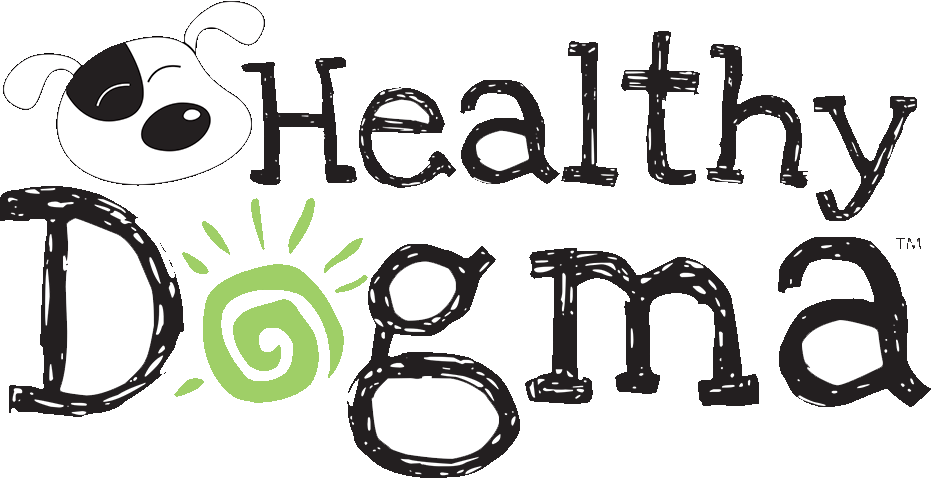Bringing a new puppy home is super exciting, full of fun times, positive energy, and tons of new things to learn. A big part of keeping your puppy healthy and safe is making sure they eat the right balanced food.
Puppies grow up super fast! Before you know it, your little furball will be ready to switch to adult dog food. Now, you might think you can just swap out their old food for the new one, but to avoid an upset tummy for your pet, it's really important to change their diet slowly.
To help your puppy handle this change smoothly, we've got some great tips on this puppy to adult dog food transition guide. Read On.
What's the Scoop on Puppy Food vs. Adult Dog Food?
You've probably noticed puppies are little bundles of endless energy! Because they're growing so fast, their food needs to provide a lot more fuel and nutrients. Puppy food is specially formulated with extra calories to support their quickly developing bones, joints, and muscles.
Adult dogs also need a well-rounded diet, but their bodies have different needs. They require a more balanced amount of protein and calories to stay at a healthy weight, keep their energy up, and generally maintain good health. Adult food helps them maintain their condition, whereas puppy food helps them grow and develop.
Puppy food also contains higher levels of protein, which is made up of amino acids, and these are essential building blocks helping them develop a strong immune system, achieve a shiny coat and healthy skin, and build strong bones and muscles. For adult dogs, too much protein and fat can actually be a problem, leading to high cholesterol, weight gain, joint issues, and even heart problems.
That's why picking the right food based on your dog's age and size is so important.
Why Switch from Puppy to Adult Food?
As your puppy gets older and more mature, their rapid growth starts to slow down significantly. This means their body doesn't need the intense amount of protein, fat, and calories found in puppy food anymore. Switching them to adult food ensures they receive a perfectly balanced diet that supports their energy levels and health, preventing overfeeding or becoming overweight as their metabolism changes.
When to Make the Switch to Adult Food
This is a question most puppy parents ask, but unfortunately, there's no single perfect answer that works for every dog. Generally, puppies keep growing until they're about 12 to 18 months old; however, this timeframe can really vary depending on their body shape, breed, and how big they're expected to get as adults.
For example, if you have a small breed dog that will likely weigh up to 20kg when fully grown, you can usually start switching them to an adult diet as early as 8-10 months old. Medium-sized breeds, those expected to be between 15kg and 30kg, should make the change when they're around 12-15 months of age.
Now, large breed dogs take a good deal longer to grow, so they might stay on puppy food for as long as 18-22 months before it's time to switch to an adult formula.
Keeping a close watch on your puppy's weight and how active they are is necessary during this whole period. Gaining weight is much easier than losing it, so monitoring their condition helps make sure they stay healthy and don't become overweight as their growth slows down. Of course, if you have any specific questions or worries, your vet is always the best person to contact during your regular check-ups.
How to Transition Your Puppy to Adult Food
Switching your puppy to adult food needs to be a gentle, step-by-step process, mainly to prevent any tummy troubles. We usually recommend taking about one to two weeks for this change, with two weeks being the ideal timeframe.
This longer period gives your precious pup's digestive system, including the good bacteria in their gut, enough time to adapt to processing the new food. Their stomach capacity, the enzymes that break down food, and even how food moves through their system all need to adjust. If you rush this process and don't allow a proper transition, their entire digestive system can get overwhelmed.
To begin, simply mix a small amount of the adult food with their current puppy food; a good starting point is about 25% adult food to 75% puppy food. Over the next 10 days, gradually increase the adult food portion while decreasing the puppy food, aiming for 100% adult food by the end of that period. As you're doing this, remember to keep a close eye on their activity levels and weight, as we mentioned previously, it's easier to gain weight than to lose it, so adjusting portion sizes to maintain their ideal condition is key.
Also, watch for changes in their appetite, behavior, and stool consistency. It's quite common for puppies to have softer stools during this transition, but this usually resolves itself once they're fully on the adult diet. If you notice persistent digestive upsets like diarrhea, vomiting, or if they completely lose interest in food, it’s best to slow down the transition and definitely check in with your veterinarian, who can offer personalized advice if you have any concerns or questions about the process.
- Note:
No matter if you have a growing puppy or a full-grown adult dog, always check the feeding guidelines found on the back or side of their food bag. These instructions are there to show you exactly how much to feed your dog each day to keep them healthy.
At Healthy Dogma, we make sure our feeding guidelines are super clear and easy to find, not only on every product package but also right on our product pages. If you ever have any questions about how much to feed your dog or about balanced nutrition in general, please don't hesitate to reach out to our team. We're always happy to help!
- Easy, fun tips for a smooth transition:
Switching your puppy's food doesn't have to be a daunting task. You can actually make it an enjoyable experience for both you and your pooch!
Try using treat-dispensing toys or puzzle feeders to make mealtime more engaging and mentally stimulating for your dog. This turns eating into a little game, which can help them look forward to their new adult food.
Also, be sure to offer multiple praises and perhaps a favorite natural treat when they eat their adult food, as this positive reinforcement helps them connect the new food with good feelings.
Lastly, consistency is super important, so stick to a regular feeding schedule and routine. This predictability really helps your dog adjust more easily to the new diet and makes the whole transition much smoother.
Choosing the Right Adult Food
When you're ready to pick out the perfect adult food for your growing pup, choosing foods that offer extra health benefits beyond basic nutrition can truly make a positive impact, as these options provide specific support to help your dog thrive during this important life stage. A well-rounded diet that includes clean, natural ingredients supports their health, promotes smooth digestion, and ultimately helps them live a happy life.
Now, if you're wondering about options, Healthy Dogma offers a fantastic range compared to typical store brands. We have various PetMix choices to match your dog's unique needs and tastes. You can either boost our Original or Super Green PetMix formulas by adding your own protein, or you can pick from our specially crafted blends. Either way, you'll get natural ingredients and excellent nutrition.
Our crafted formulas come in different flavors and nutrient setups, which makes it easy to switch things up, prevent your dog from getting bored with their food, and still ensure they're getting a complete and balanced diet every day.
Explore 10 Delicious PetMix™ Recipes!


